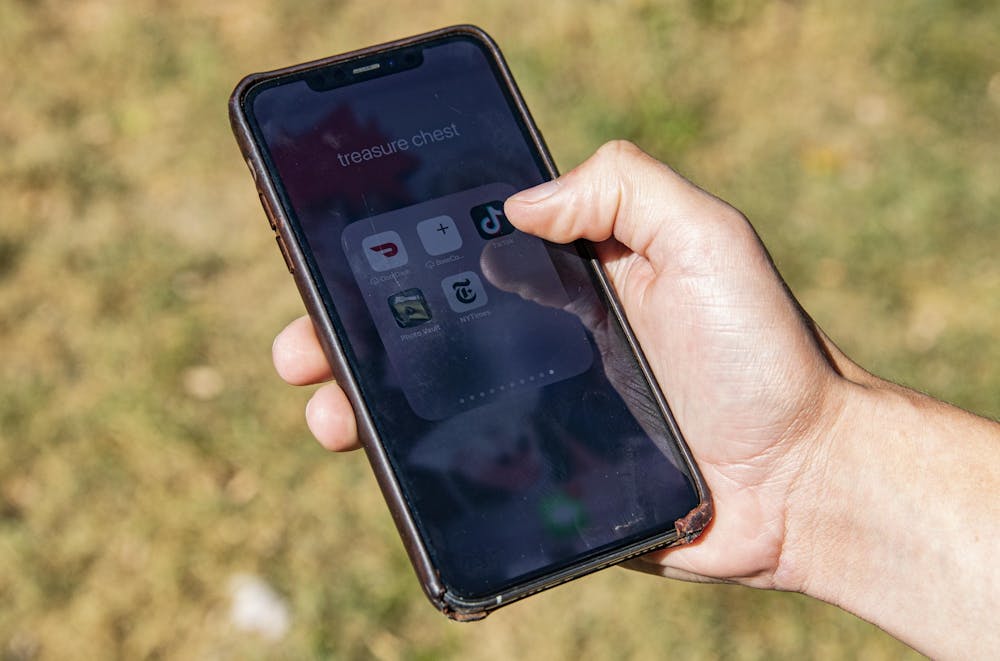There's always talk of forgiveness, but who forgives and who forgets?
I don't think I'll ever stop hearing about cancel culture at this rate. Everyday it's someone new, some new issue or some different event. And just as often, I hear we need to move on and forgive the person or organization.
It's a tired cycle which has been repeated ad nauseam for years now. Celebrity says or does something racist or sexist (or it's been revealed they've done so in the past) and there's backlash. Soon after said backlash, the celebrity apologizes and then most people forgive them and those who don't are said to be holding a grudge, as if it's unbecoming to still care about such topics.
Now, I don't care to go into the actual meaning of "cancelling" someone. While most people would tell you it's an unfair and career-ruining event, most celebrities go on with their lives with little change and consequence. There is a pattern of celebrities who have lost their careers due to controversial statements, but this is conveniently forgotten.
Instead, I want to center the idea of forgiveness, the idea of letting past transgressions be forgotten, letting transgressors live without a particular incident defining them. When is it time to forgive and expect forgiveness from others?
Well, the obvious answer is whenever someone is ready to forgive, but that never seems to be the answer. For instance, when an author of a beloved book series says something transphobic, the outrage swells up quickly. But it dies just as quickly, such is the life of a news cycle. Still, when anything related to said author enters the news again, there are going to be people who didn't forgive the transgression, and they'll be vocal about it.
I'd say they have a right to be. Just because time has passed, and others have moved on, it doesn't mean others are obligated to do the same. Especially if the behavior of the celebrity didn't change.
What about the many cases where someone apologized? Doesn't that mean something? Well, it depends.
I have my personal limits on forgiveness, everyone does. There are some instances where an offensive joke from decades ago resurfaces and I personally don't really care. Unless, of course, it involved a huge television star in blackface, which is a line crossed, and unjustifiable.
What if the celebrity didn't even, technically, do anything? In the case of Liam Neeson, who still has a very successful career, he admitted to specifically seeking out any Black man to assault and kill them. The context of his confession was of deep regret and sorrow, saying it was fueled by a desire to avenge a close friend of his, and he explicitly states it was the worst moment of his life. Still, with his regret and sorrow, am I required to forgive him?
I personally can't, and I don't want to. But mention this in any conversation tangentially related to Neeson, like when you're discussing one of his movies, and people will be quick to defend him. Frankly, it's sometimes easier to forgive, or rather it's easier to forget.
It's hard to keep up with the transgressions of public figures, especially with the internet constantly showcasing new things to be mad about. I'd have a hard time saying most people really struggled and personally came to a conclusion they should forgive a celebrity, it's more likely they merely chose to forget anything happened at all. It's easier that way.
But there are some things that won't be forgotten, no matter how much time passes. While some can forgive and forget, none of us are obligated to do so.






